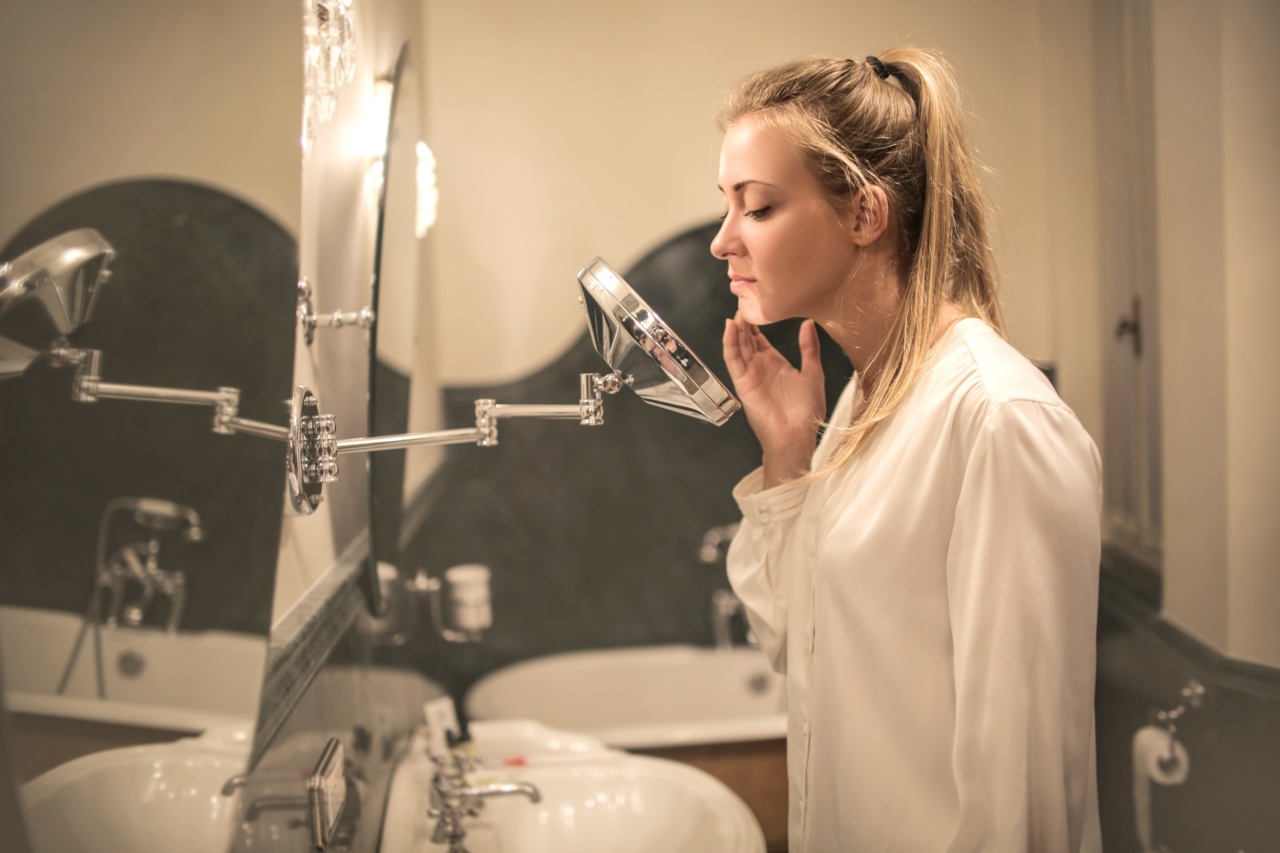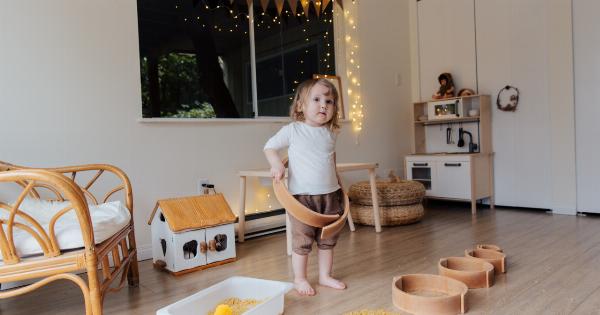As a parent, you know that protecting your baby from the sun is important.
But did you know that baby skin is much more sensitive to the sun than adult skin? That means it’s even more important to take the necessary precautions to protect your little one’s skin from harmful UV rays. Here are some tips to help you protect your baby’s sensitive skin from the sun:.
1. Dress your baby in protective clothing
The best way to protect your baby from the sun is to dress them in protective clothing. Look for clothes that cover their arms, legs, and neck.
Lightweight and breathable fabrics like cotton are best for keeping your baby cool and comfortable during the hot summer months. Also, don’t forget to put on a sun hat that will shade their face, neck, and ears.
2. Limit sun exposure
Babies under six months should avoid direct sunlight altogether. If you have to take your baby outside, it’s best to do so before 10 a.m. or after 4 p.m. when the sun’s rays are less intense.
If your baby is over six months old, always try to keep them in the shade as much as possible, especially during the hottest part of the day.
3. Use sunscreen
If your baby is over six months old, you can use sunscreen to help protect their skin. Look for a sunscreen that’s designed for babies and children, with a minimum SPF of 30.
Be sure to apply sunscreen 15 to 30 minutes before going outside, and reapply every two hours, or more often if your baby is sweating or in the water.
4. Use a stroller shade
A stroller shade is a great way to protect your baby from the sun while you’re out and about.
You can find stroller shades that attach directly to your stroller or ones that drape over the stroller and can be adjusted to provide more or less shade as needed.
5. Keep your baby hydrated
It’s important to keep your baby hydrated during the hot summer months. Offer your baby water, breastmilk, or formula to prevent dehydration. Signs of dehydration include dry mouth, few or no tears when crying, and fewer wet diapers than usual.
6. Be careful around water
Water can reflect the sun’s rays, which can increase your baby’s risk of sunburn. Be sure to take extra precautions when your baby is in or around water. Use a waterproof sunscreen and consider using a baby flotation device with UPF protection.
7. Be aware of the signs of sunburn
Despite your best efforts to protect your baby from the sun, sunburn can still happen. Be aware of the signs of sunburn, which include red, painful, and swollen skin, blisters, and fever.
If your baby has sunburn, move them to a cool, shaded area and offer them plenty of fluids. Consult with a pediatrician if your baby has severe sunburn, blisters, or a fever.
8. Protect your baby from heatstroke
Heatstroke is a serious condition that can happen when your baby’s body temperature gets too high. This can happen quickly during hot weather, especially if your baby is in direct sunlight.
Signs of heatstroke include a high temperature, hot and dry skin, confusion, and irritability. If you suspect that your baby has heatstroke, move them to a cool, shaded area and offer them fluids. Contact a medical professional if their condition worsens or doesn’t improve.
9. Be mindful of medication
If your baby is taking medication, check with your healthcare provider to see if it can increase their sensitivity to the sun. Some medications can cause photosensitivity (sensitivity to light) or make your baby more susceptible to sunburn.
If your baby is taking medication, take extra precautions to protect their skin from the sun.
10. Watch for skin changes
It’s important to monitor your baby’s skin for any changes, especially during the summer months. Look for unusual moles, freckles, or other skin changes that could indicate skin damage. If you notice any changes, talk to your doctor right away.



























